The 12th Bangladeshi general election was held recently. The ruling Awami League party achieved an overwhelming victory, securing 223 of 300 directly elected parliamentary seats. This enables them to form a government for the fourth consecutive term. However, the notable success of independent candidates, who collectively won 61 seats, may signify evolving voter preferences with implications for political parties.
Though 23 parties participated, only 5 managed to gain representation. The Jatiya Party won 11 seats to become the third largest party, while trivial representation was attained by partners of the Awami League’s 14-party alliance. Despite the significant number of 135 candidates from the 'Sheaf of Paddy,' a symbol of the Bangladesh Trinamool BNP everyone faced a regrettable defeat. Veteran JP lawmaker Anwar Hossain Manju, JASAD president Hasanul Huq Inu, Workers Party general secretary Fazle Hossain Badsha and other leaders lost. JASAD leader Mosharraf Hossain lost from Lakshmipur-4 constituency Despite having the second highest tally, independent candidates lack the organization to be an official opposition. That role will likely fall again to the Jatiya Party.
Of 1,969 total candidates, 1,532 were affiliated with 28 parties. The distribution was highly skewed, with 265 from the Awami League and 264 from its main rival, the Jatiya Party. Smaller parties each fielded far fewer - the National People’s Party had 122 and Bangladesh Congress 96, for example. Independents totaled 437, many unofficial entrants from the major parties contesting without formal approval.
Remarkably, dozens of independents prevailed, even against seasoned incumbents. Casualties of “rebel” independents from the Awami League include presidium member Kazi Zafar Ullah, central executive committee members Asim Kumar Ukil and Abdus Sobhan Mia Golap, and three-term parliamentarian Dhirendra Debnath Shambhu.
This unprecedented success of independent candidates may signify changing political winds in Bangladesh. Specifically, three implications stand out that politicians and parties should heed.
First, a tendency to vote based solely on party affiliation appears to be declining. Voters seem increasingly willing to objectively weigh candidate competence instead of voting automatically for their traditional partisan symbol. Giant killers running as independents reflect the growing primacy of individual ability and integrity relative to partisan identity in shaping vote choice.
Second, substantive ties to one’s constituency could now matter more than wealth, ministerial rank, or activism. Candidates can likely no longer take even safe seats for granted without nurturing local bonds. Grassroots outreach and accessibility seem essential regardless of profile or connections. Days when prominent figures could parachute into unfamiliar constituencies just before elections and expect deferential treatment may be ending.
Finally, traditional criteria used by parties to nominate candidates seem outdated. Decisions based purely on financial means, family political background, or loyalty now carry grave electoral risks. Voters in this election demonstrated readiness to reprimand prominent figures lacking in merit or popularity. Hence, nominating candidates with strong local appeal is becoming vital. Ignoring public sentiment by unilateral decisions invites further voter backlash.
In summary, the strong electoral performance of independents sends an unambiguous directive to Bangladeshi politicians and parties needing heeding. Voters appear increasingly judicious in factoring candidate competency over partisan identity, while unpopular figures can no longer expect rescue by party machinery. The era of taking safe seats for granted also seems over. Accordingly, substantive ties with constituents, integrity, and performance should now feature more prominently over traditional considerations like money, lineage and connections in candidate nominations if parties wish to avoid embarrassment. Politicians who fail to acknowledge the earnestness of this message from voters do so at their peril.
(The writer is a columnist and activist & can be contacted at fbzahir@gmail.com: Views expressed are personal)







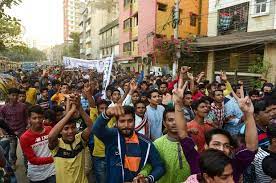
 OpinionExpress.In
OpinionExpress.In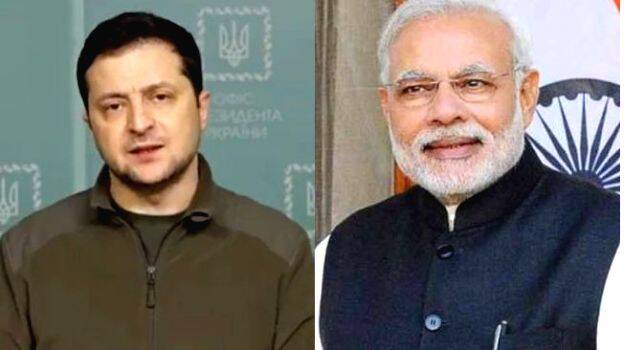

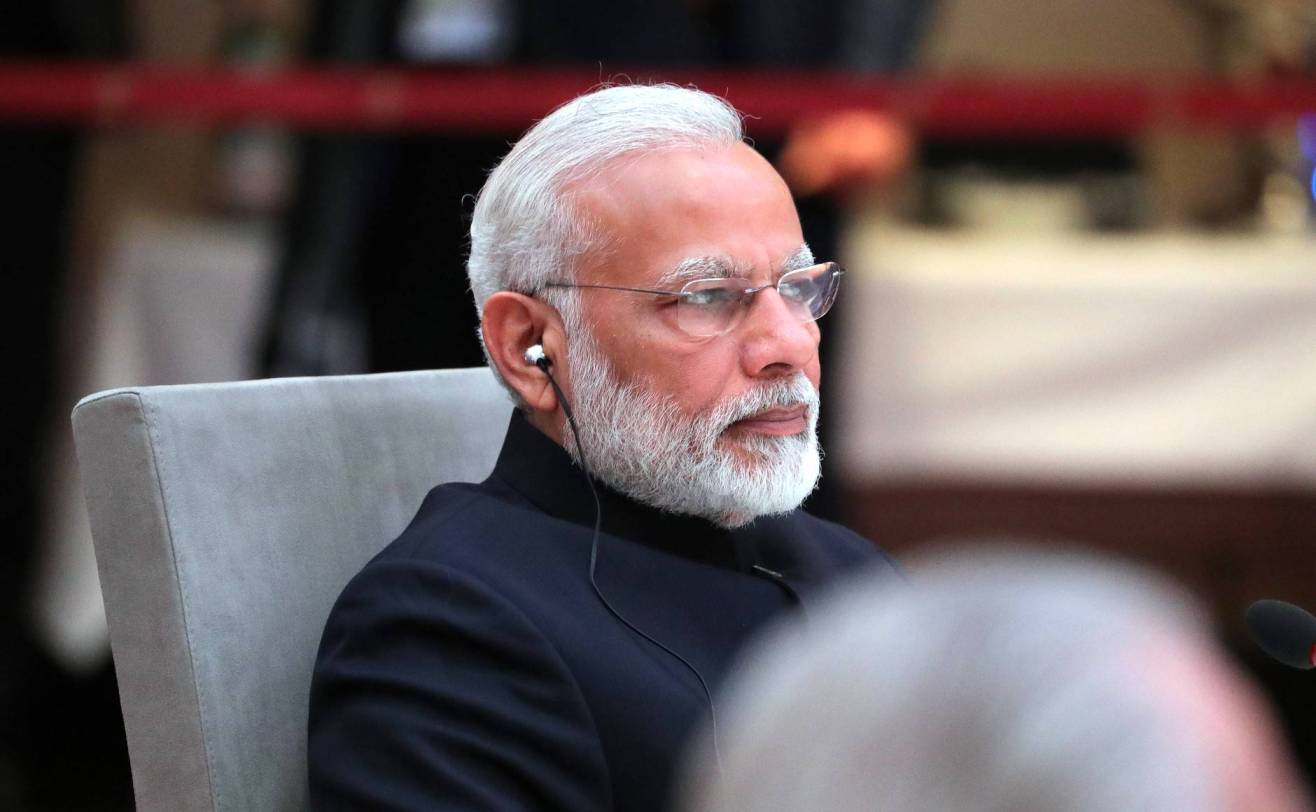
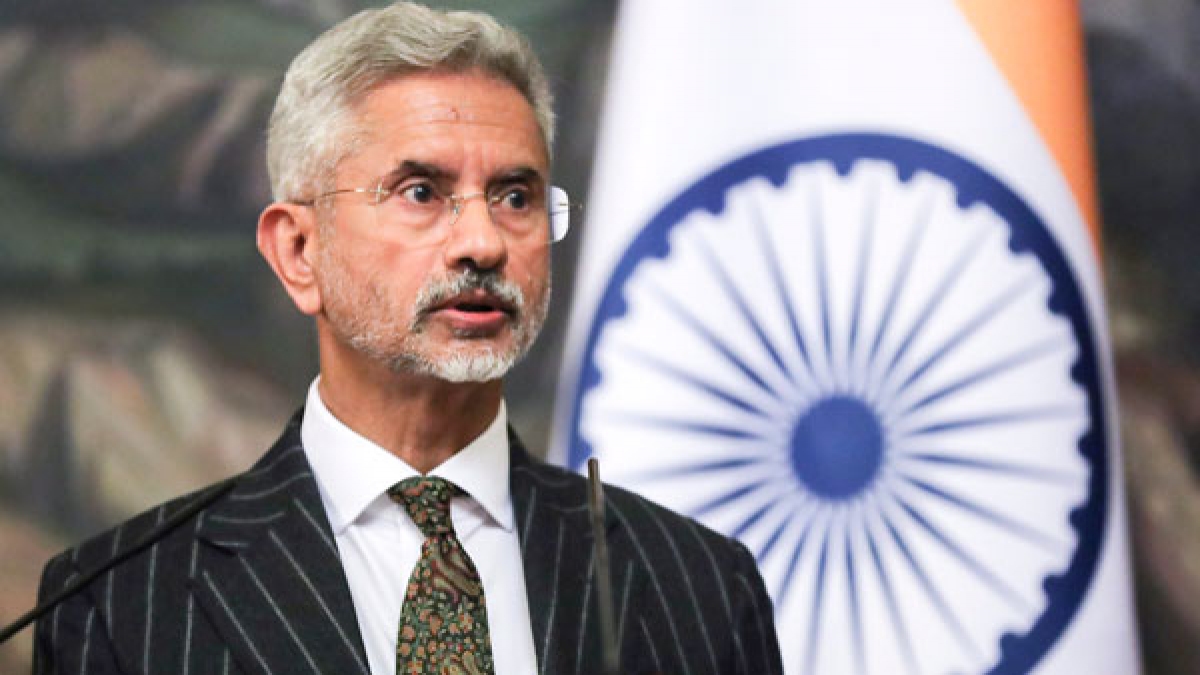
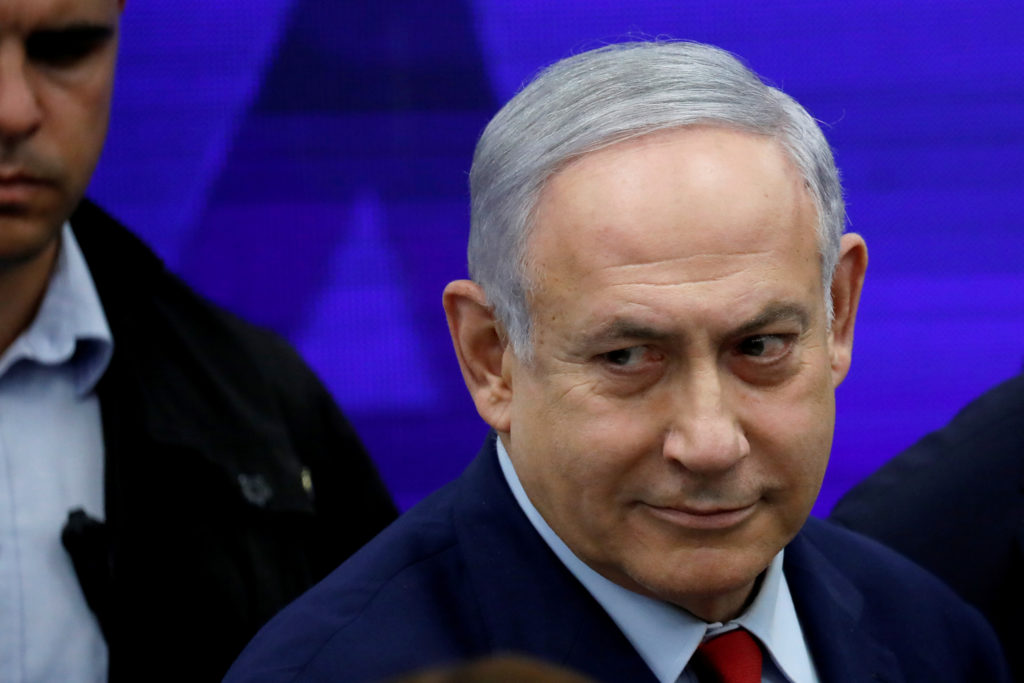
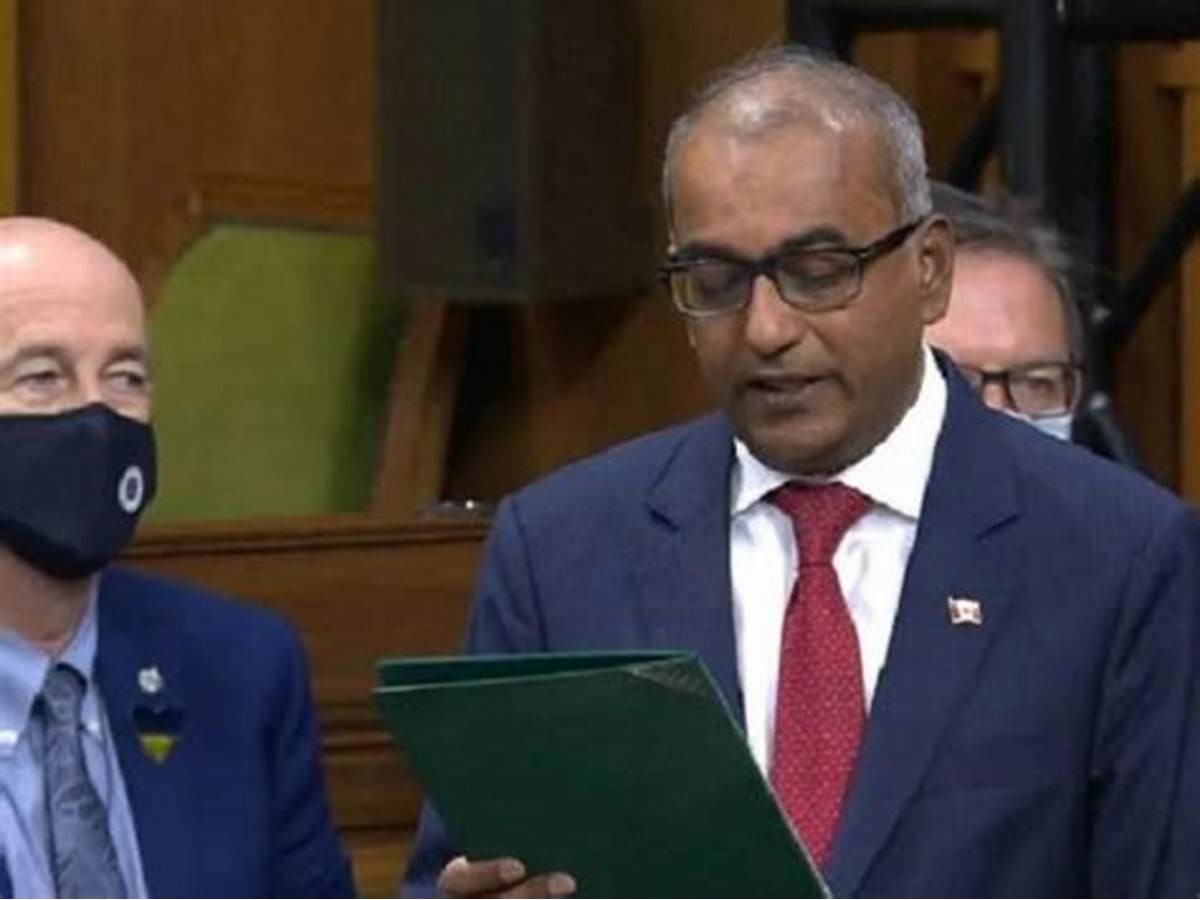
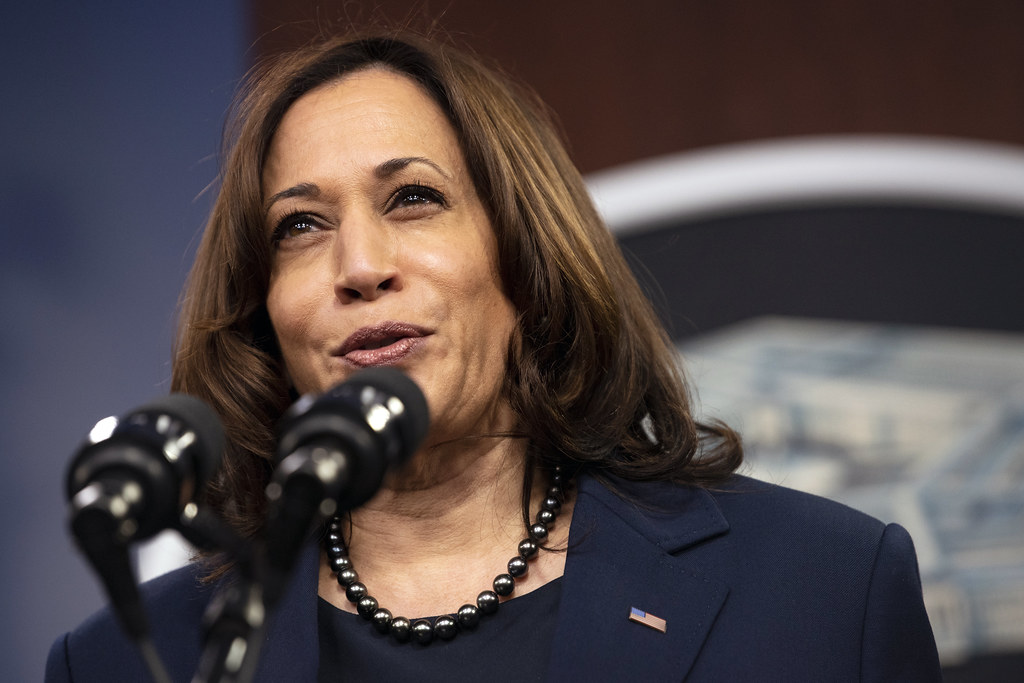
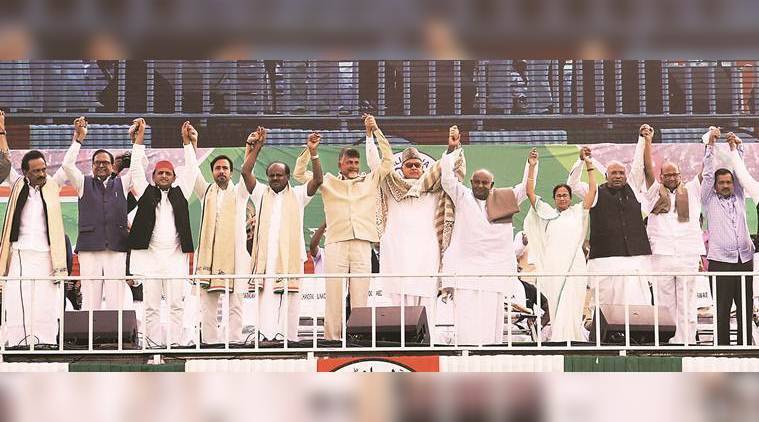

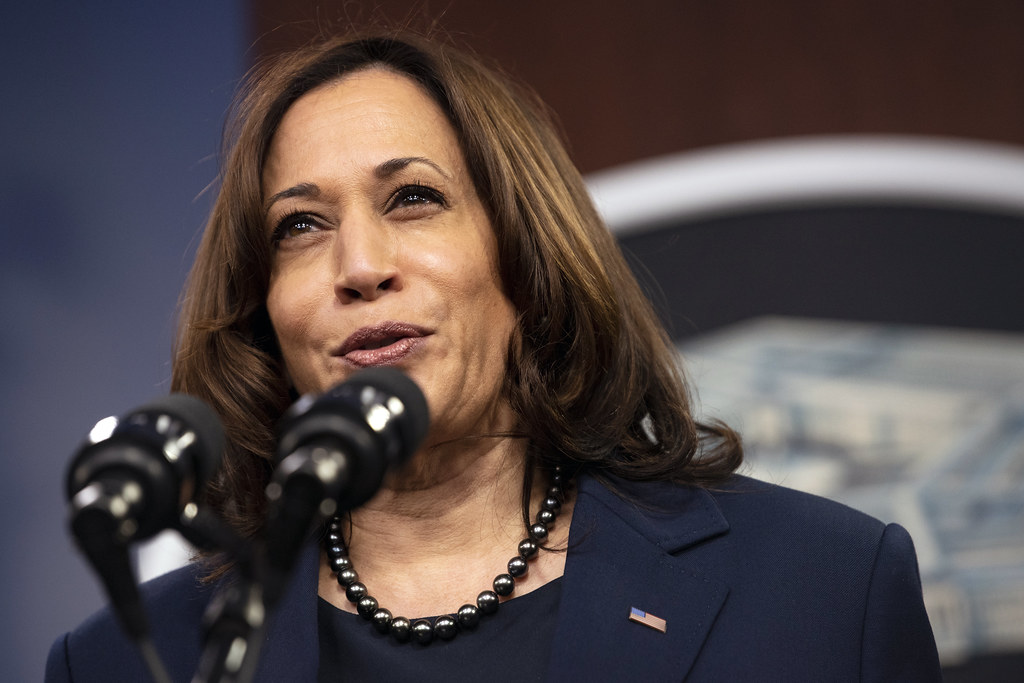






Comments (0)